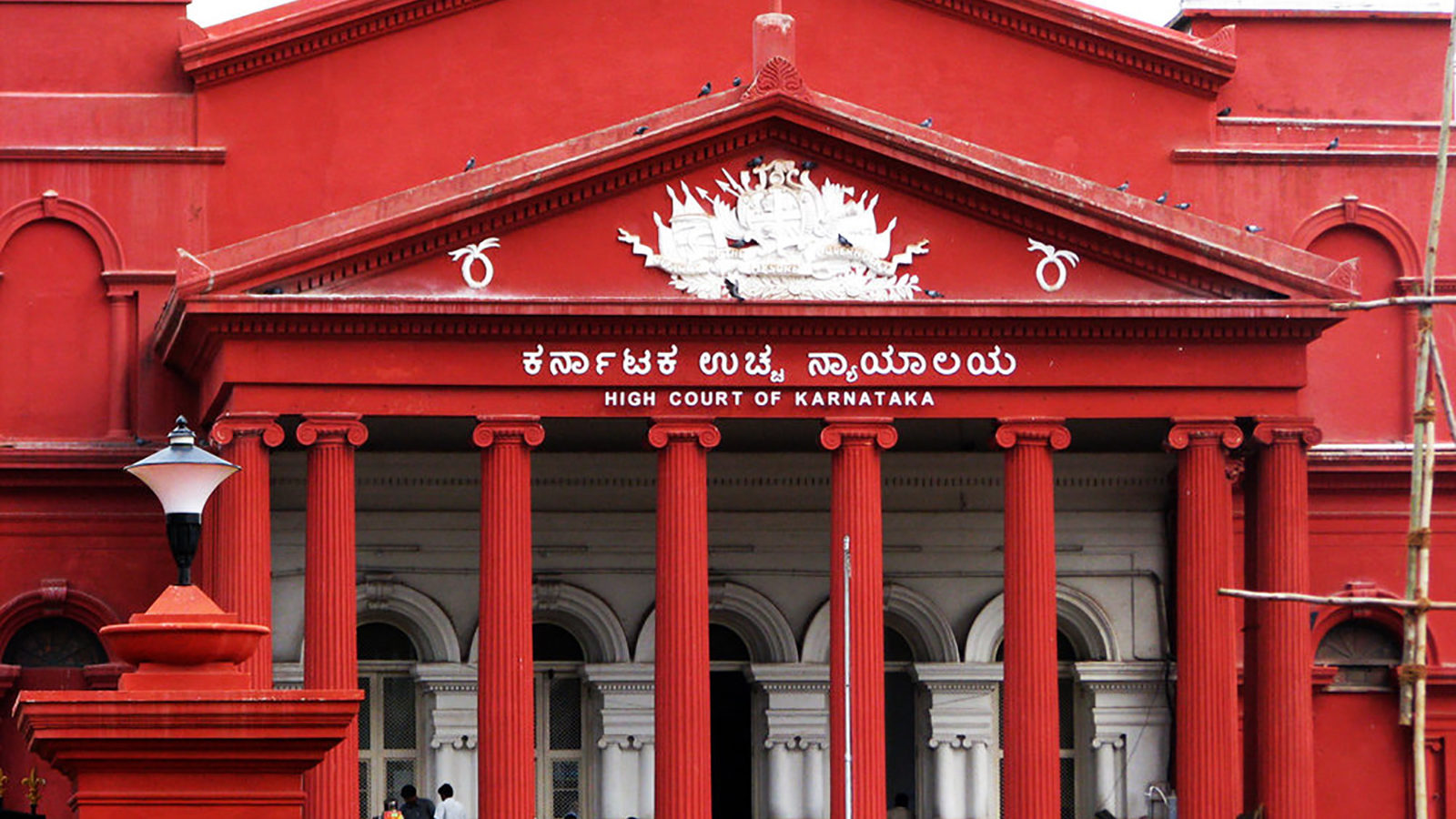


In a resolution of a contentious matter regarding the interplay of personal and secular laws governing property transfers within the Muslim community, the Karnataka High Court has ruled that the Muslim Personal Law (Shariat) Application Act, 1937, does not take precedence over the regulations delineated in Section 2(q) and Article 48 of the Karnataka Stamp Act 1957 concerning settlement contracts.Justice Ananth Ramanath Hegde, presiding over the case, considered the central question “Whether the Muslim Personal Law (Shariat) Application Act, 1937, overrides Section 2(q) and Article 48 of the Karnataka Stamp Act 1957, which deal with the contract of “settlement.” The court delivered the judgment in response to an appeal filed by Sultan Mohiyuddin and others. The appeal contested an earlier ruling by the trial court, which held that property transfers through settlement deeds were impermissible among Muslims, leading to the decree of partition in favour of the plaintiffs.The plaintiffs, daughters of T.A. Abdul Jabbar from his third wife, sought a share in the family's property covered by settlement deeds executed by their father. However, the defendants, including Abdul Jabbar's sons from his first wife, contested the suit, defending the validity of the settlement deeds.Abdul Jabbar, who passed away in 1968, had executed multiple settlement deeds in 1965, distributing his properties among various beneficiaries. The plaintiffs challenged one of these deeds, claiming it deprived them of their rightful share under Islamic law.After considering the arguments presented and examining the records, the court addressed the following points:
(a) Whether the transfer of property through a 'settlement deed' to select family members, excluding others, violates Shariat law?
(b) Whether the Trial Court was justified in granting a partition decree without a prayer for canceling the settlement deed and sale deeds?
(c) Whether the suit is time-barred?Firstly, the court addressed whether the transfer of property through a settlement deed, which potentially excludes certain family members, violates Shariat law. It underscored that the concept of a "settlement deed" is recognised under Section 2(q) of the Karnataka Stamp Act, 1957,which does not impose a requirement for equal distribution of property. This acknowledgment emphasised the secular nature of the law, applicable to individuals of all religious affiliations.The court said “The interpretation that the Mohammadans cannot enter into ‘Contract of Settlement’ recognised under the Act of 1957 violates the right guaranteed under Article 14 of the Constitution of India.”Furthermore, the court meticulously examined the interplay between the Muslim Personal Law (Shariat) Application Act, 1937, and the Karnataka Stamp Act, 1957. It elucidated that the Shariat law, while paramount in certain matters, does not supersede the provisions outlined in the secular statute concerning settlement deeds, meaning property transfer through settlement deeds is permissible among Muslims. “the overriding effect is only in respect of any usage or customs contrary to the Shariat Law and not on any Statute passed by competent legislature,” the court ruled.Moreover, the court emphasised that “Any contract that is neither recognised nor forbidden in Sharia law; and which is expressly recognised in a Law that is religion-neutral, then such contract should be held permissible under the religion-neutral law, irrespective of their religious faith including Mohammadans.”In a comprehensive analysis, the court also addressed the issue of inheritance rights and the statute of limitations. It clarified that the heirs could only inherit what the deceased possessed and that the suit, filed long after the execution of the settlement deeds, lacked the necessary prayer for their cancellation, rendering it defective and time-barred.Therefore, the court allowed the appeal, set aside the judgment and decree of the trial court, and dismissed the suit.
TAGS: Karnataka High Court property transfers settlement deeds Muslim Personal Law Shariat law Karnataka Stamp Act inheritance rights